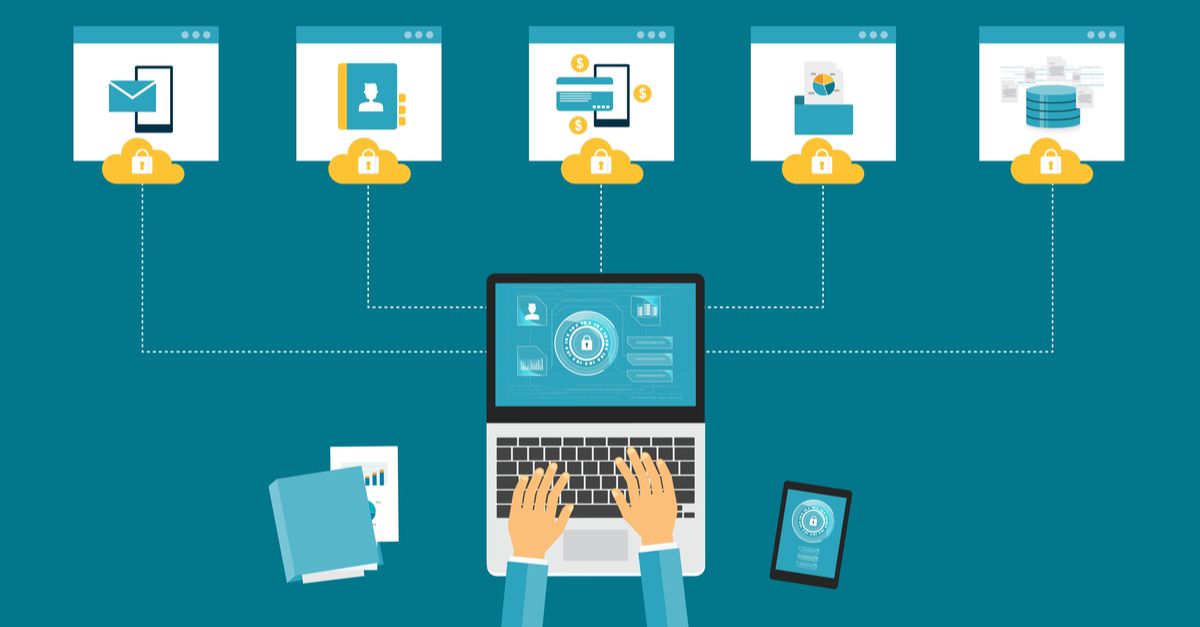Why Sandbox Protection Testing?

Traditional security testing methods like penetration testing and vulnerability scanning only examine an application from the outside and often miss important issues within the application code itself. A sandbox allows security testers to mimic real-world user behavior and interactions to find vulnerabilities that may be exploited.
By executing application code and features in a managed sandbox environment, testers can lookup much more deeply for flaws like SQL injection, cross-web-site scripting (XSS), authorization bypass, and other concerns.
Mimic Real Person Actions
Within a sandbox, security testers can mimic the wide variety of behaviors real customers may possibly exhibit. They will enter many kinds of untrusted info into kinds, stick to all links and software flows, and usually investigate the applying far more entirely than external scanners make it possible for.
This aids uncover issues related to input validation, access controls, as well as secure dealing with of delicate information that scanning applications might miss out on.
Automatic Tests Capabilities
Several sandbox platforms give APIs and automation capabilities that let with the automatic simulated use of applications. Testers can programmatically generate huge volumes of examination payloads and examine the appliance in bulk.
This automated fuzzing and brute force strategies can find difficulties at scale that would be impossible with only handbook screening. Furthermore, it permits tests environments being refreshed on a regular basis as new vulnerabilities are identified.
Important Abilities for Detailed Safety Screening
When choosing a sandbox System, it is vital to evaluate its capabilities for thoroughly pressure screening all areas of an application.
Enter Validation Testing
The sandbox must make it possible for generating a wide array of malicious payloads to test fields like names, addresses, numbers, files, and some other consumer-provided info. Payloads could include things like outsized values, unusual formats, Particular characters, along with other undesirable content material.
Authorization and Access Controls
Testers have to have the opportunity to immediately access software functionality and means with no experiencing the primary UI, to probe for weaknesses like lacking authorization on APIs or ability to accessibility limited locations.
Session Administration Tests
Features for manipulating and enumerating session IDs, parameters, and cookies are essential to examine weaknesses in how session point out is protected and authenticated.
Output Encoding/Filtering
The opportunity to execute reflective XSS and Examine web page information for vulnerabilities is essential to verifying delicate data and scripts are effectively encoded on output.
Automated Scanning Agents
Crawling bots and authenticated scanning brokers allow extensively mapping an application's construction, components, and authorization controls in an automated manner.
Sandbox System Things to consider
When selecting a sandbox tests Option, developers and security groups should also Examine System-certain concerns like the subsequent:
Supported Technologies
The answer should aid all appropriate languages and frameworks the application takes advantage of, from standard Internet infrastructure to cell/native and API technologies.
Deployment Overall flexibility
Options for on-premises, personal cloud, or SaaS deployment are important based upon an organization's safety requires and infrastructure.
Integration with Tooling
Out-of-the-box assist for popular resources like firewalls, networks checking, CI/CD pipelines, and bug trackers streamlines the tests method.
Pricing and Licensing
Prices ought to scale properly for both of those improvement screening and very long-term security plans, which include support for occasional and contracted testing.